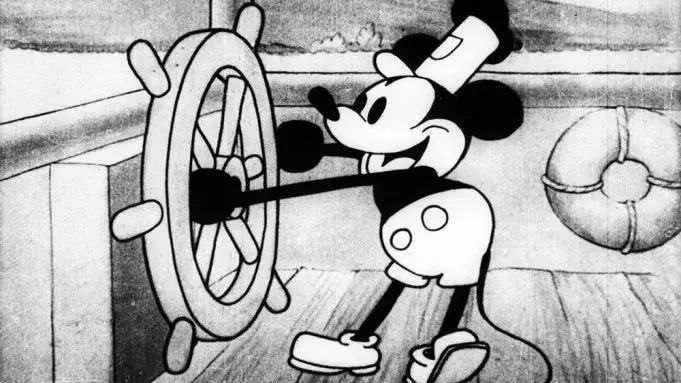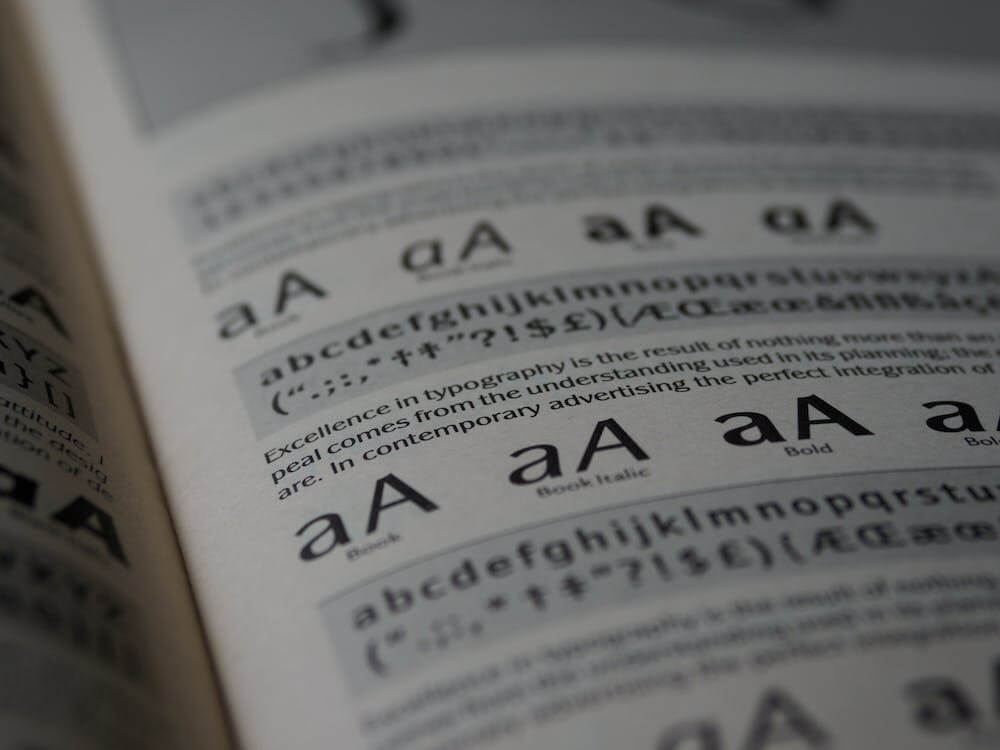Remembering Sandra Day O’Connor
On December 1, 2023, Retired U.S. Supreme Court Justice Sandra Day O’Connor, the first female member of the court, passed away at 93 years old.

Appointed by President Ronald Reagan in 1981, Justice O’Connor had an influential 25-year term. Notably, her pragmatic and moderate conservative approach made her a crucial swing vote, influencing decisions on a range of complex and contentious issues.
During her tenure on the U.S. Supreme Court, Justice Sandra Day O’Connor was involved in various important decisions concerning intellectual property. Justice O’Connor notably authored the opinion in copyright case Harper & Row v. Nation Enterprises concerning the fair use doctrine. More specifically, the U.S. Supreme Court ruled that public interest in learning about a historical figure’s impressions of a historic event does not constitute fair use, as Nation Enterprises had quoted extensively from President Gerald Ford’s forthcoming memoir without permission. The Court upheld Harper & Row’s right of first publication.
O’Connor retired in 2006 to care for her husband with Alzheimer’s disease, later dedicating herself to raising awareness about the illness before withdrawing from public life in 2018.
The Impending Entry of Mickey Mouse Into the Public Domain
Takeaway: Mickey Mouse is set to enter the public domain on January 1, marking a significant milestone after 95 years.

It has been 95 years since Micky and Minnie Mouse debuted in “Steamboat Willie,” and starting January 1, 2024, Disney will no longer hold exclusive copyright over the earliest versions of these characters. This means that the earliest versions of the iconic characters will no longer be under exclusive copyright protection, allowing artists, filmmakers, writers, and others to freely use and reimagine them. The expiration of copyright is a significant event, sparking excitement in the copyright community. Mickey Mouse has been a symbol in copyright debates, especially in relation to the extension of copyright terms in 1998. Some anticipated another extension, but it never happened.
Mickey and Minnie Mouse are only two of many iconic characters and copyrights that are set to enter the public domain in this upcoming year. You can learn more about which ones that will be released HERE.
Photo Credit: variety. com /2023/biz/news/mickey-mouse-public-domain-disney-copyright-lawsuits-1235844322/
USPTO Denies Retaliation in Rejection of F-Word Trademark
Takeaway: The USPTO rejects artist Erik Brunetti’s F-word trademark application, asserting it is not retaliation but based on the mark’s perceived lack of functionality in identifying the source of goods and services.
The U.S. Patent and Trademark Office (USPTO) has asserted that the rejection of artist and clothing designer Erik Brunetti’s application to trademark the explicit four-letter word starting with “F” is not a form of retaliation. The USPTO denied any connection between the rejection and Brunetti’s 2019 Supreme Court victory that overturned a prohibition on scandalous and immoral marks.
In response to Brunetti’s appeal, the USPTO explained that the refusal was based on the grounds that the proposed trademark did not serve to identify Brunetti as the source of the goods and services. The USPTO stated that the rejection was not related to the prior Supreme Court decision but rather focused on the functionality of the proposed mark. Brunetti argues that the refusal is a disregard for the First Amendment and an act of retaliation, while the USPTO maintains that the rejection is based on the lack of evidence supporting the trademark’s functionality.
Navigating Font Legalities
Takeaway: Fonts are valuable intellectual property, and using them without proper licenses can lead to serious legal issues.

Fonts are more than design and branding elements — they are valuable assets with legal implications. Recent cases underscore the need for brand owners to be savvy about font intellectual property, including obtaining necessary licenses or using open source fonts with proper credit given.
It is important to understand in branding that different types of intellectual property cover different aspects of font use. Trademark protects typeface names, design patents cover designs, and copyright extends to the source code generating the font. While font may seem like a small aspect of branding, brand owners must navigate it diligently to safeguard creative assets and steer clear of legal pitfalls.
For example,Laatz v. Zazzle Inc. exemplify the legal repercussions of font misuse. Zazzle Inc., an online marketplace, faced allegations of using fonts improperly, leading to a legal battle and court orders. Similarly, Rite Aid encountered legal challenges for allegedly using the neutraface font in violation of the desktop license, triggering claims of breach of contract, false designation of origin, and other legal actions.
Atlantic Legal Foundation Calls for Supreme Court Review, Citing Jurisdictional Concerns in Trademark Dispute
Takeaway: The Atlantic Legal Foundation is urging the U.S. Supreme Court to overturn a Ninth Circuit decision in a trademark dispute, asserting that its jurisdiction standard, reliant on nationwide shipping, undermines due process and harms online sellers and consumers.

The Atlantic Legal Foundation is urging the U.S. Supreme Court to overturn a Ninth Circuit decision allowing jurisdiction based on nationwide shipping in a trademark dispute, asserting that the ruling undermines due process, promotes forum shopping, and harms online sellers and consumers. The nonprofit emphasizes the need for the Supreme Court to address a circuit split, calling the Ninth Circuit’s standard for personal jurisdiction over online sellers “lax” and arguing that it creates incentives for injustice.
The case involves a trademark suit filed by Herbal Brands Inc., and the Atlantic Legal Foundation contends that the Ninth Circuit’s decision deviates from Supreme Court principles and facilitates nationwide forum shopping. A group of Amazon storefronts has petitioned the Supreme Court, arguing for a review to clarify jurisdiction standards based on nationwide shipping. The Atlantic Legal Foundation underscores the urgency of resolving the circuit split on personal jurisdiction principles for online sellers in the rapidly growing domain of e-commerce, pointing out potential adverse effects on sellers and consumers. The nonprofit highlights the importance of preventing forum shopping, maintaining that it violates due process and harms consumers.
USPTO Introduces Semiconductor Technology Program to Accelerate Innovation
Takeaway: The USPTO has launched the Semiconductor Technology Pilot Program, expediting examination of qualifying utility patent applications related to semiconductor manufacturing to support the CHIPS for America initiative, aiming to enhance innovation, national security, and economic competitiveness.

The U.S. Patent and Trademark Office (USPTO) has introduced the Semiconductor Technology Pilot Program to support the CHIPS for America initiative. This program aims to boost innovation in semiconductor manufacturing by expediting the examination of qualifying utility patent applications. It is part of the broader CHIPS and Science Act, an opportunity to enhance American innovation, national security, and global economic competitiveness.
The pilot program will prioritize certain semiconductor manufacturing innovations, expediting the examination of related patent applications until a first action. This initiative is designed to accelerate advancements in the semiconductor industry and reduce dependence on foreign semiconductor chip supplies.
Petitions to participate in the program will be accepted from December 1, 2023, until either December 2, 2024, or the acceptance of 1,000 grantable petitions, whichever comes first.
UK Supreme Court Rules Against AI as Inventor in Landmark Decision
Takeaway: The U.K. Supreme Court has ruled that artificial intelligence cannot be recognized as an inventor on patents, emphasizing the requirement for a “natural person” behind inventions.

The U.K. Supreme Court has ruled that artificial intelligence cannot be named as an inventor on a patent under current legislation, emphasizing the requirement for a “natural person” behind an invention, rejecting AI researcher Stephen Thaler’s argument that he programmed his AI, DABUS, to invent independently. This decision is seen as a significant clarification on the limitations of patenting AI-created inventions and raises policy questions about the evolving landscape of AI technology and patent systems. Only time will tell how other countries will also perceive if AI is allowed intellectual property rights.
Cislo & Thomas LLP Spotlight
Cislo & Thomas LLP Wishes You a Happy New Year Ahead
With 2024 around the corner, the Cislo & Thomas LLP family wants to wish you a Happy New Year, and we are looking forward to supporting you in all your upcoming intellectual property needs.
Cheers to another great year ahead!



